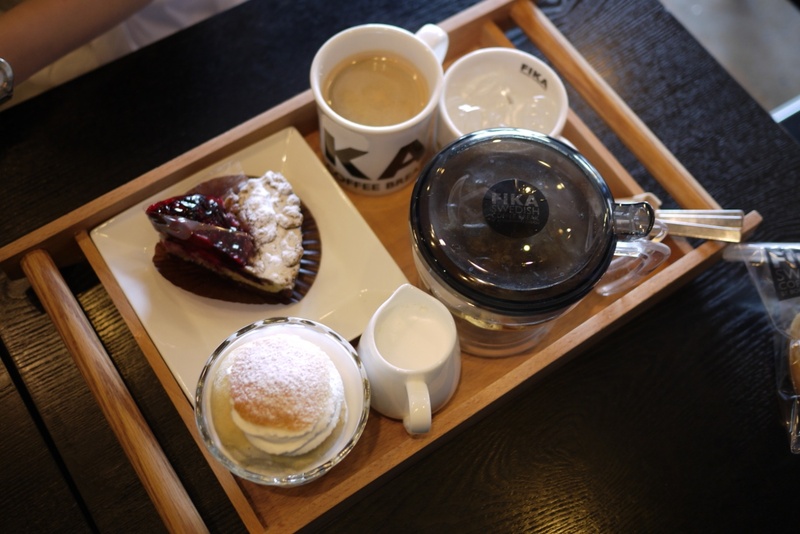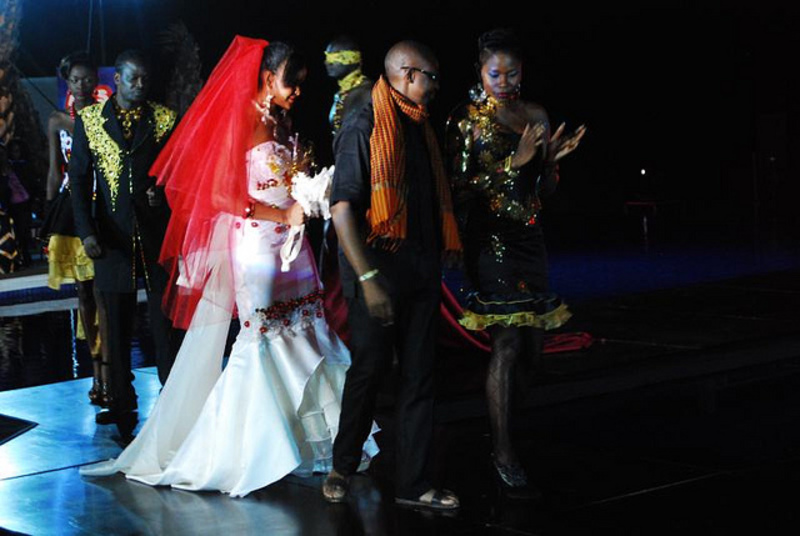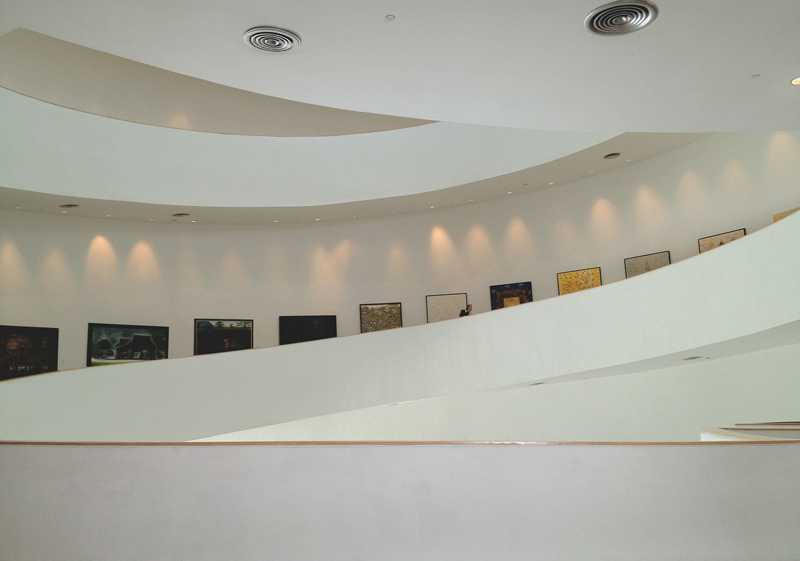Månadens Post
We are not terrorists
Publicerat 2008.12.19
Eva Einarsdóttir, Reykjavik, Island
Icelanders can be called a lot of things, but terrorists? I doubt it. At least we never expected it to become a word to describe the whole of the population.
The economic crisis around the world is no news to people. Iceland was the first country to really take the fall and we as a nation basically became bankrupt, if that is possible for a country. There were definitely some signs in the air, but in the beginning of October things started happening at an accelerated pace. The fall of the first of the three major banks in Iceland, Gitnir, came as a shock to most people. A few days later the other two banks had been taken over by the Icelandic state as well and on the 8th of October, the British Prime minister, Gordon Brown invoked Anti-terrorist legislation against Iceland. A rather hard measure to insure British citizen´s savings in Icelandic banks located in England? The nation understood that things would never be the same.
It all happened so fast that for many, me included, it is still unreal and too much to grasp. There was an immediate response to the British "aggression". A group of "considered citizens" created the indefence.is website where people were encouraged to send a photo and a comment to Mr. Brown. Thousands of Icelanders responded to the call.
Going bankrupt is never easy but at least you can start fresh again after a few years. In Iceland this is not the case, it will take years to regain economic stability and general trust, within and outside of Iceland.
The foreign media gathered in Iceland and were surprised to find how calm Icelanders were. They still seemed to be out partying like nothing ever happened. People were in shock, numb and in denial. People have to go on with their lives but everywhere you go, to a family dinner, to the shop or to work, people are talking about it and everyone is desperate for the latest news.
The uncertainty is devastating but no one can really give any answers about the future, not even the country's most respected economic specialists. One can only guess that with increased unemployment and the fast escalating food and necessity prices, immense social problems will follow with fewer resources to fight back.
What is important is that Icelanders are finally in the streets demonstrating instead of just sitting in their corners fretting about the situation. For the last ten Saturdays demonstrators have met outside Alþingi, the Icelandic parliament. They demand that the government gives the nation the explanation it owes as to why this has all happened and are pressing for the resignation of the presiding government, followed by re-elections being held next spring. Civil disobedience, especially among youngsters has disturbed some of the older generation, while others find it refreshing to see Icelanders finally fighting back this way.
This summer an American photographer stopped me on the streets of Reykjavik and asked me if Iceland was the best country in the world. I remember answering; "No" followed directly with a "hmm, but maybe...". Iceland is a great country. Clean, with abundance of natural resources, highly educated people, and a relatively good welfare system. With everything so perfect, how could everything go so wrong?
For the past few years the news about Icelanders in the international media has mostly been about their success in music and the art and their purchases of foreign banks, companies and football teams. Iceland was actually chosen the best country to live in by The United Nations annual human development index in 2007, but there they don't measure appreciation for live, integrity or enjoying the simple things.
Don't get me wrong. There has been an enormous gain for many of us. Arts, culture, design and marketing have flourished in these past few years so we can't help but wonder what will happen now. Icelanders are said to be very creative, everyone is either writing, making music or designing. We were one of the poorest countries in Europe in the end of the Second World War and our Sagas and our world renowned literature was written in great scarcity. So not to worry, our creativity is not going anywhere.
The Icelandic Design Center held a conference "Design the Future" in late November. The topic addressed was Icelandic design in the times we are now facing and how innovative ideas and design can become a leading force in reconstructing new and hopefully a better Iceland. Among speakers were Andri Snær Magnason, the author of Dreamland - Self - help for a frightened nation and the winner of the Literary Awards in 2006. In his book he writes about a democratic nation coming up against a future that will always be unpredictable. It is amazing how the book is relevant now in these shifting times and probably the end of an era. Time of prosperity or the economic bubble has busted and it is now time for more mental and intellectual prosperity.
Dóra Ísleifsdóttir, another key speaker at the conference, spoke about courage and vision. The core of the lecture was about how designers and all people can really change and influence the future. She emphasized the importance of the good things in life instead of economic growth. In the conference she suggested that all Icelandic designers should sign a joint statement to the society, a manifestation were the key elements would be to work against: being passive, fear, injustice, corruption, violence, waste, demolition, narrow-mindedness and reactionary measures. Instead you should focus on people, nature, interests, equality, usefulness, beauty, expression, humor, constructive criticism, compassion, diversity, courage and the future.
I unfortunately couldn't attend the conference so I re-searched and read up about it on the Internet. I decided to give Dóra, the designer a call and get more information. I am not a journalist or even a designer but it felt quite natural to call and it feels like Icelanders are much closer to one another now, determined to help each other out in changing our society. Like Dóra, I find the whole situation fascinating since society could be on the brink of a massive shift in consciousness. We agreed though in our conversation that we couldn't underestimate the difficulties many people are facing and that this situation should not be taken lightly. It is much easier to be positive when you still have a job and have not lost all your savings, and perhaps which is worse, your hopes for the future.
Perhaps hoping that the situation will bring massive positive change to our society is Utopian thinking, but why shouldn't we hope for a better future? Could Iceland be the first eco country, known for peace and sustainability? The Neo-capitalism has obviously not been working and has become human catastrophe. Today everything is possible and the future is ours.
Reykjavik is still a vibrant city, full of energy and hope. People are looking forward to Christmas and many believe that this could be the best Christmas in a long time. Family, friendship and health, the things that really matter, now have a new meaning to all of us. Let us make the New Year all about compassion and love for life.
Merry Christmas - God jul - Gleðileg jól
Eva Einarsdóttir
Lived in Gothenburg for 4 great years. Now doing her Masters in Leisure studies, works in an Information and Cultural Center for young people 16-25 years old in downtown Reykjavik. Has among other things worked for the Iceland Airwaves Music Festival and IMX, Icelandic Music Export
Photos by Lukka Sigurdardóttir




